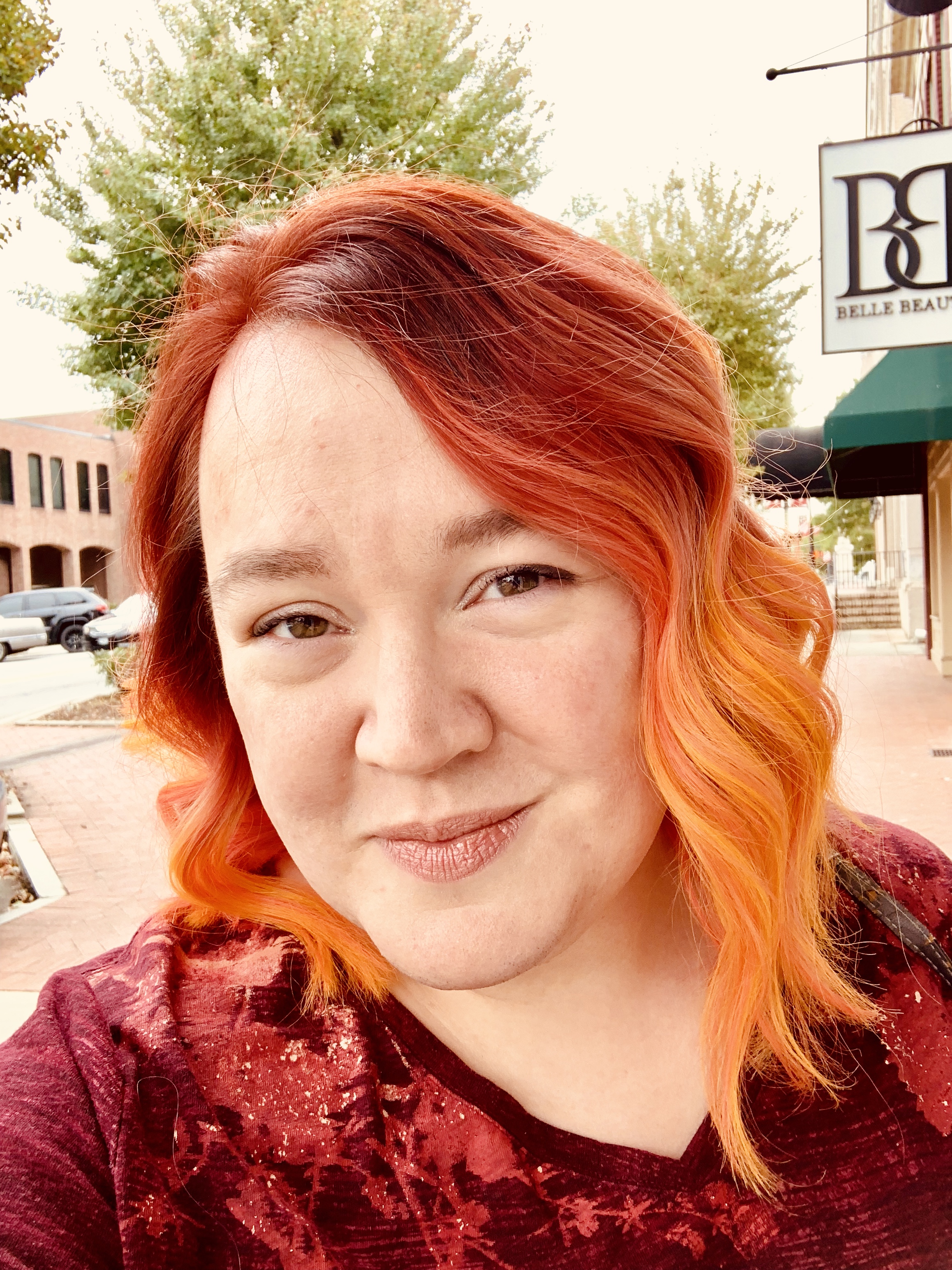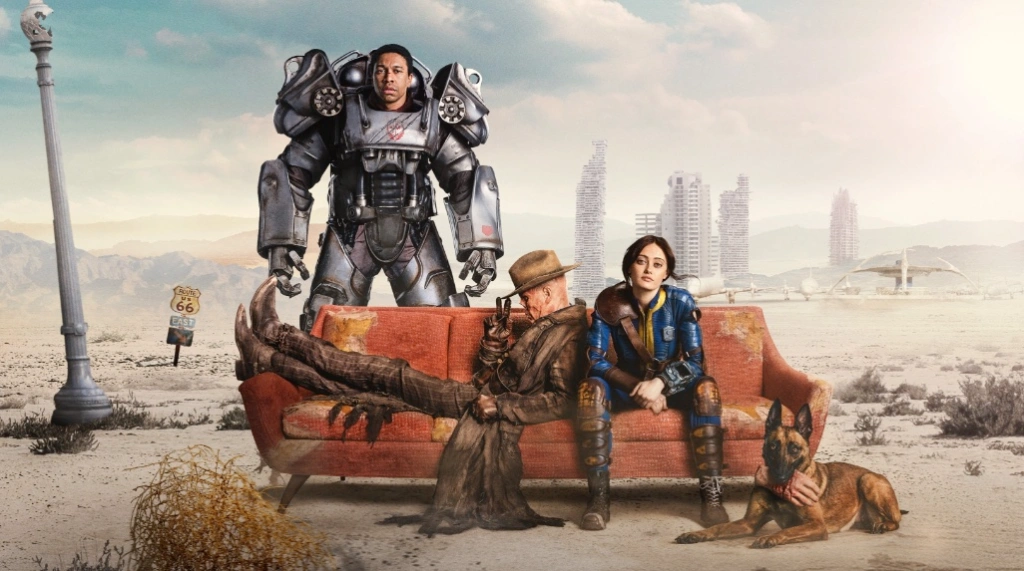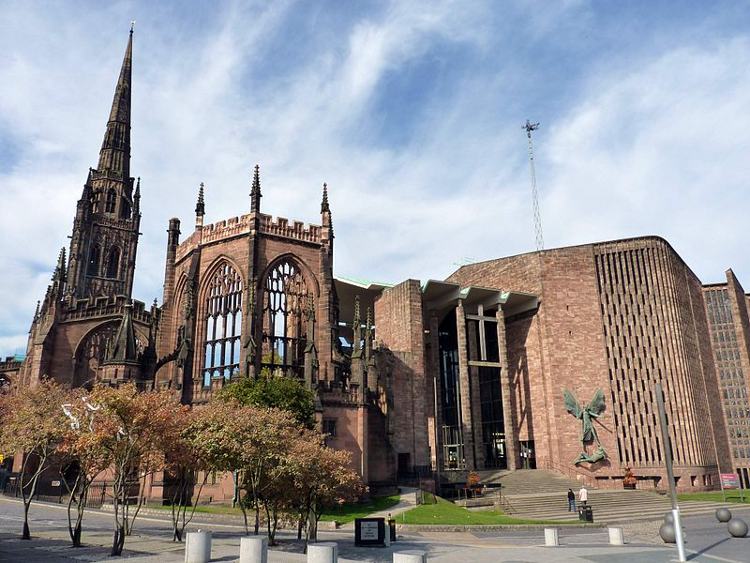Yesterday, the CDC announced that fully vaccinated Americans can stop wearing masks indoors or out, thus essentially ending mandated masking and probably social distancing across America. Before you yell: Yes, I know, the goal – per the government – was the “encourage” people to get vaccinated. But without any verification system or ID tied to vaccinations, basically this ends up being an hard stop to any public health measures tied to the Covid-19 outbreak because no one wants to get screamed at by the anti-vaxxers and anti-maskers.
I’m not here to talk about that, though. I don’t have the energy for that battle; I don’t live with anyone immunocompromised, nor do I have a voice in any discussions over local or regional policy. So I’m going to conserve that energy for fights elsewhere. (I do think America’s pandemic response in 2020 was appalling, and we will likely see a continued stream of deaths and long-term disability arising from long-haul Covid cases. People need to stop being dumb.)
Anyway. I found myself reflecting this morning on what I’ve gained and what I’ve lost during the pandemic, and the writing juices started flowing. We’ve all lost quite a bit, collectively and individually, but we’ve broken the spell of some bad influences too. I think it’s worth digging deeper.
The pandemic taketh…
On my mind this morning: My desire to eat indoors at a restaurant, go to a movie theater, or participate in nearly any social activities in big groups is about gone. Skimming my Twitter feed, I can tell I’m not alone.
Restaurants were an easy loss, honestly. We still pick up food a couple times a week from our favorite spots, aiming for local > chain but it’s hard to resist a Popeye’s spicy sandwich or a burger from Freddy’s now and again. The local Mexican place (the owner lives in my neighborhood!) and our corner Chinese joint are in heavy rotation. And the local BBQ place.
But getting dressed up, putting on “hard pants” (great term! thank you, internet), and “going out”? Nah.
Why don’t I want to go out? I am trying to parse my feelings here. I wish I could say it’s frugality, but any money we saved by eating out less probably went into books, video games, board games, and general Amazon purchases instead. And I loved going to movies pre-2020….
It’s like the spell of capitalism has been broken.
I drive down the street in my town and wonder why so many acres are devoted to “retail” and commercial businesses that aren’t selling anything I want to buy. Most of the time, I can put a better meal on my table than I can pay for in a restaurant unless I head to a high-end place for steak, or some ethnic foods which I’d rather have prepared by folks who have the right ingredients and know what they’re doing.
Same for “shopping” — I’ve never been much of a shopper, but at this point, it’s hard to muster any desire to leave my well-curated household of entertainment, books, and games to “shop.” New clothes? Who cares. Even new books are getting harder to justify when I have 100 here that I need to read plus more hours of good on-demand shows than I can possibly watch before I’m dead.
Jeff Bezos’s empire of smiles is evil as hell, so I’m not happy with my increased reliance on Prime. That’s a problem I need to solve in 2021. But I’m not at all eager to fall back under the spell of “what should we do this weekend? you want to just go eat out at that place in Greenville?” again.
What about movies? Ooof, 2020 movies were pretty much a total loss. Sure, the pandemic devastated the release schedule, but look at what was already pouring out of Hollywood in the second half of 2019: mostly just shite.
I look at my old Moviepass card sitting here on the corner of my desk (I never threw it out) and remember seeing 30+ movies in the first half of 2018, most of them rather good. How did the industry completely fail to produce anything worth watching just a year or two later? I’m utterly baffled.
For me, the sad mess we got with Wonder Woman 84 was the end of my interest in Hollywood releases. Now that the big Marvel cycle and the Star Wars sequels are done, no “big event” films are driving me to sit in gross chairs in a big room with strangers, smelling stale popcorn butter and wondering what’s sticky on the floor. It’s true that seeing a film with a bunch of folks can be a magical experience — Interstellar in IMAX was breathtaking; I remember crying a few tears at the opening of Star Wars 7 when we heard those iconic opening notes, or sharing a collective gasp in silence watching Admiral Holdo’s self-sacrifice in Star Wars 8 (which personally, I think is one of the best Star Wars films).
While 90% of what shows up on Netflix is just trash, the other 10% is brilliant. Strong stories are moving away from the 90-120 minute format into limited series where a writer can take 6 or 8 episodes to create an entire world and explore its themes. I spent way more time in 2020 laughing at Letterkenny, inhaling the latest season of The Expanse (though this most recent season was weak), discovering gems like Black Lady Sketch Show on HBO, learning about what I had somehow missed by not watching Samurai Jack until now (and Primal!), or soaking up the few Netflix series (often from foreign producers) that are genuinely original – Sexify comes to mind. That’s already enough TV to fill any hours I want to spend in front of a screen.
I’m not sure how Hollywood comes back from this.
Lower social energy in general.
Raise your hand if spending time around people for more than 30 minutes wears you out now. Yeah, me too.
I’ve worked from home since 2016. It’s overall a very good fit for me, but I was already developing a stubborn introverted streak. That has multiplied x10 (maybe x20) since March 2020. I deeply miss people in general and many folks in particular, but if you invite me to your backyard barbecue, please don’t be offended if I don’t come. I don’t want to be around 20 conversations happening at one time anymore.
This tendency toward isolationism bothers me. We know from research that loneliness kills; it’s one of the biggest negative factors affecting the health of older folks who live alone.
That said, my online connections are in some ways better than ever. My curated feeds on Twitter and TikTok put points of view in my living room that I would never encounter here in South Carolina. Most (but not all) of my adult friends have moved far beyond easy driving distance, so I’m used to connecting with them by text or FaceTime and grabbing time for conversation as we can. Our friends here in SC are people we’ve been able to see pretty regularly, not much less often than we were before March 2020 due to everyone’s busy schedules.
To me, the jury is still out on this one. I expect my “social muscle” will build back up over time, but maybe it won’t. And with our friends scattered from coast to coast and sometimes overseas, it may not really matter.
Gah, I miss the gym.
I never thought I would type that sentence, but I am ragingly (low-key) angry that any “gains” I posted in late 2019/2020 when we were hitting Planet Fitness 2-3x a week are completely gone.
I’m still sulking about it.
I’d like see a bit more research data on how well the vaccines protect people against the new Covid variants. But the limited data we have in hand shows some good results. I think it’s probably time to go back to the gym, especially if I don’t have to try to huff and puff through a mask while on the weight machines.
The pandemic giveth as well
I’m not enough of an optimist to hope that we foolish people will actually take to heart some of what we have learned over the past many months:
- most of what happens in offices doesn’t need to happen “in an office,” especially when WFH arrangements greatly benefit people who need flexibility — like caretakers, parents, and those with disabilities
- some elements of education need to happen face to face, but many others work just fine over Zoom, and kids who are otherwise uncomfortable in the typical classroom environment can thrive in online classrooms
- in general, there’s no reason to make people come to the same physical location for meetings, unless the topic is sensitive or controversial; a lot of “ordinary” meetings that used to demand burning fuel need to stay virtual
- a lot of the “busy” social stuff on my calendar pre-pandemic wasn’t adding value to my life; it was just making me tired.
That last point — that a lot of social “churn” is just busyness to be busy and “connected — is a lesson I want to take to heart. Pre-March 2020, I was out and about 2-3 evenings a week and working 2-3 more. I tended to be doing stuff much of the weekend. And it was exhausting.
I’ve learned in the past year to find ways for my social engagement to happen online (though never had to sit through a “family Zoom” *shudders*), satisfying some of my need for engaging conversations. And not having to go somewhere 6 days out of 7 (or 7 out of 7) has been remarkably refreshing.
I realize that my perspective as a non-parent isn’t reflective of the mainstream, and I’m not here to suggest that everyone else needs to live the same kind of life.
However, all of us could stand to put up sensible fences around how much we allow other people’s expectations about what we “should” be doing to drive us to exhaustion. I went to a lot of events because I didn’t want to disappoint the people who were kind enough to extend the invitation. Now I’m going to stop and ask myself first, “Do I really want to spend my limited social energy doing this?”
Instead, I’ve rediscovered the joy of board gaming around a table, 4 or 5 of us at a time, rolling the dice and making our own stories. I do crave returning to days when we can roll over to a friend’s house (or host) for a glass of wine and a good meal. I hope those days return for all of us, quickly, as we need to human connections.
We need hugs again — god, how I’ve missed hugging people.
So now what?
We must individually and collectively resist the inertia that shoves us back into toxic, former ways.
We need to fight for a world in which the value of individual people arises over the “needs” of the economy or the organization or the corporation. While the ugly sores of racism and xenophobia mar America’s civil body politic and threaten to kill our democracy, we’ve all had a bit more time stuck at home to pay attention — to police brutality and the disproportionate murder of Black and brown people. We’re paying attention to how businesses in the service industry call their workers “essential” but pay them shit wages and then wonder out loud why no one will work for them. (Hint: it’s not the high unemployment benefits. It’s the crappy jobs for low pay with a terrible schedule.) We’ve had some time to really see how badly America’s broken for-profit healthcare system serves no one but the insurance companies and Big Pharma.
We can insist that the exploitative nature of capitalism be limited through targeted regulation and collective action.
We have seen a sea change in people’s attitudes toward LGBTQ+ rights, toward transgender rights, toward normalizing atypical brains or gender identities or learning styles. There’s zero need for monolithic approaches to anything when clearly we can create a world in which it doesn’t really matter if one classifies as non-binary or neuro-“atypical” or any other “non-normal” (ie: NOT cisgender, white, and male) set of characteristics.
For these reasons, I am hopeful that the pandemic has pulled apart the curtains to show America’s gross underbelly so we can find the wounds, heal them, and build a society that works for all of us. Guess we’ll see.
Guess I’m leaving the pandemic with a much-renewed dedication to building that kind of world.
Maybe it’s normal to experience a reckoning around middle age, this season of life that I have to admit (grudgingly) I am now “in.”
I just hope I can get my reading attention span back. The pandemic shredded my ability to read anything lengthy for any sustained chunk of time. I’m slowly trying to work myself back into it.
If you’re looking for something to jump-start your own reading, I highly recommend the series of short novels by Martha Wells about “murderbot,” a sentient security …android? construct? Murderbot is part organic and part mechanic, and they are on an incredible journey of self discovery in a delightful series.
Amazon affiliate link: All Systems Red / Murderbot Diaries #1 – Martha Wells





Got a comment?